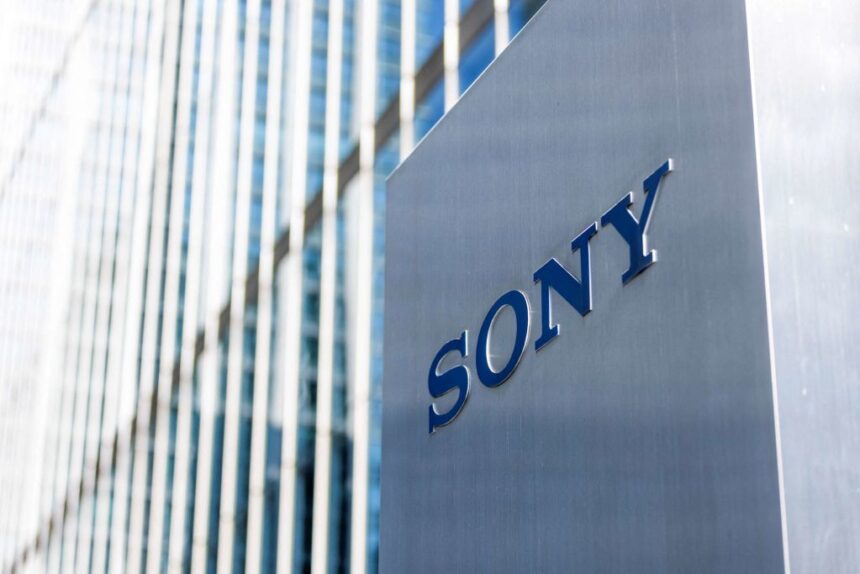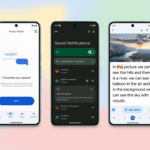Sony Music Group has issued warnings to more than 700 tech companies and music streaming services, advising them against using its music for AI training without explicit consent. A letter, obtained by TechCrunch, expresses Sony Music’s concerns that recipients may have already utilized its content without authorization.
Sony Music emphasized that while it acknowledges the potential of AI, unauthorized utilization of its content for AI system training, development, or commercialization could result in a loss of control and fair compensation for the company and its artists.
The company’s roster of artists includes renowned names like Harry Styles, Beyoncé, Adele, and Celine Dion.
Sony Music aims to safeguard its intellectual property, encompassing audio and audiovisual recordings, cover artwork, metadata, lyrics, and more. The specific 700 companies targeted by these warnings have not been disclosed.
In a statement, Sony Music stated, “We encourage artists and songwriters to leverage new technologies to enhance their art. Technological advancements have historically influenced creative industries, and AI is likely to continue this trend. However, innovation must uphold the rights of songwriters and recording artists, including copyrights.”
The letter requests recipients to provide details on the Sony Music songs used for AI training, how they were obtained, the number of copies produced, the existence of any remaining copies, and reasons for their initial creation.
Recipients of the letter have been given a deadline to respond, with Sony Music indicating its intent to enforce copyright protections to the fullest extent permissible by law in all jurisdictions.
This action by Sony Music coincides with the growing concern of copyright infringement as generative AI gains prominence, with streaming platforms such as Spotify seeing an influx of AI-generated music. Notably, even artists like Drake have faced backlash for using AI to deepfake the late rapper Tupac.
Recently, California Democratic Representative Adam Schiff introduced new legislation in the U.S. House of Representatives that, if passed, would mandate AI companies to disclose the copyrighted songs used for training AI systems.
In another development, Tennessee became the first U.S. state to enact laws safeguarding artists against AI after Governor Bill Lee signed the Ensuring Likeness Voice, and Image Security (ELVIS) Act in March.







